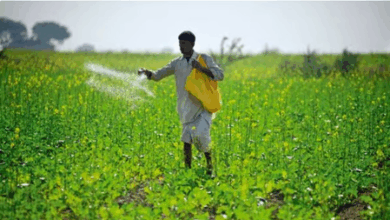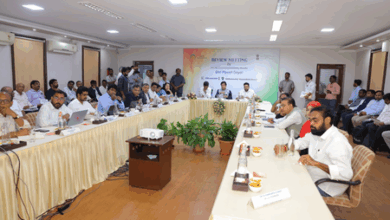
Bulge bracket FPIs have returned to Indian equity markets with aggressive buying in the last month of 2023 taking benchmark indices to dizzying stratospheric levels.
The sharp up-move in the market in December coincided with the surge in FPI inflows during the month which stood at Rs 58,372 crore, including the investment through the primary market and others the December FPI inflows which stood at Rs 66,134 crores.
V.K. Vijayakumar, the chief investment strategist at Geojit Financial Services, said: “The last two months of 2023 has witnessed big investment by FPIs thanks to the sharp decline in US bond yields and declining dollar. FPI inflows which were negative in the three months before December have sharply turned positive in December.”
The total FPI flows for 2023 stood at Rs 1,71,106 crore.
In December, FPIs were big buyers in financial services and also in IT.
FPIs also bought in sectors like autos, capital goods, oil and gas and telecom.
Since 2024 is expected to witness further declines in US interest rates, FPIs are likely to increase their purchases in the year as well, particularly in the early months of 2024 in the run up to the general elections.
FPI inflows into debt will also see acceleration in 2024.
“FPI inflows can help accelerate the uptrend in the main bench mark indices since bulk of the FPI flows will be into large-caps,” he added.











